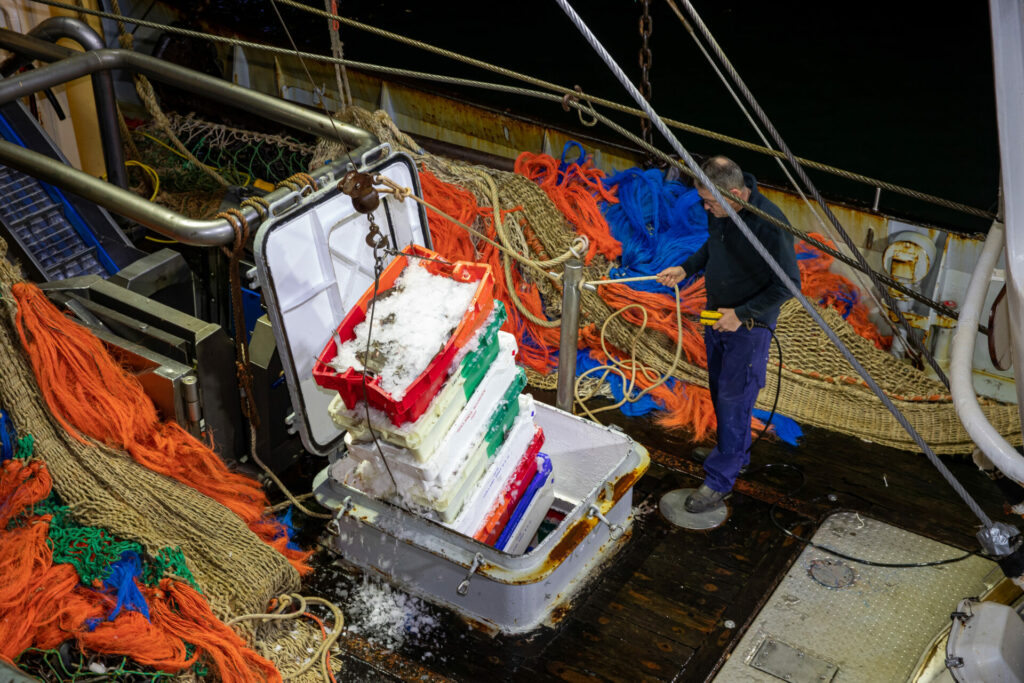Almost four years since Britain’s departure from the EU, a study by KULeuven has brought clarity to the state of trade between the regions. It highlighted that overall, the UK has drawn the short straw.
Since the United Kingdom officially withdrew from the European Union (EU) on 1 February 2020, the effects of Brexit on EU-UK trade relations have raised questions and concerns.
A study by economics professor Hylke Vandenbussche of KU Leuven has now mapped the impact on trade, revealing that goods exported from the EU to the UK from 2018 to 2021 were roughly 18% lower than they would have been if Brexit hadn't happened. The decline began gradually in 2016, the year of the Brexit referendum.
Belgium’s goods exports to the UK fell by 13%, corresponding to a €4 billion decrease in goods exports and a loss of 28,000 to 32,000 jobs. The reasoning here is a requirement of 7,000-8,000 jobs per €1 billion of output. However, these lost job opportunities to deal with UK trade do not necessarily translate into job losses, as many were simply reassigned elsewhere.
Government support during the period, helping companies counter Brexit and Covid-related losses, allowed them to seek new markets.
Brexit winners
The Belgian service sector appears to have been less impacted by Brexit and more resilient to the shock, as exports here fell by just €0.5 billion between 2016 and 2021. The travel sector, communication and construction services performed worse after Brexit, while transport, financial services, insurance and computing services fared better.
Across the EU, food and drink were the largest export losers to the UK, followed closely by combustion engine vehicles. Changing regulations played a part in placing pressure on the export of these motors. Meanwhile, pharmaceutical products, machinery parts, plastic items, optical products, and electric cars have seen an exponential increase since late 2019.
Vandenbussche also found that, while there are losses on both sides, the UK has suffered proportionally more than the EU.
Related News
- Brussels pop-up stores in London give Brits a taste of Belgium
- Brexit in Brussels: How the UK's EU departure affected Brits in Belgium
However, trade with other countries continued to rise steadily, showcasing that there were winners in this situation too. Norway has become an important supplier to the UK, with countries like China and Russia increasing their exports to the UK. Vandenbussche noted it appears that the supply chains are shifting, with EU suppliers being replaced.
The study was the first Belgian evaluation to determine what direction Brexit is steering trade relations. How trade balances will continue to be impacted remains to be seen, especially now pandemic support has been reduced.

